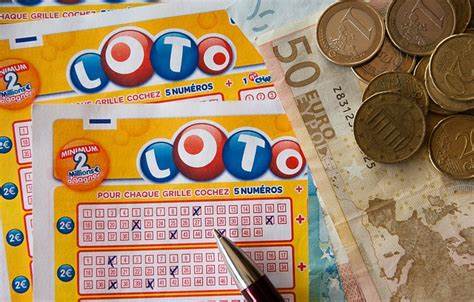In today’s dynamic economic landscape, the lottery business stands out as a lucrative venture with vast potential for growth and profitability. From its humble beginnings to its current stature as a multi-billion-dollar industry, the lottery has evolved into a global phenomenon, captivating millions with the allure of instant wealth.
A Brief History
Lotteries trace back to ancient civilizations, with evidence of their existence dating back to the Chinese Han Dynasty around 205 BC. However, the modern concept of lotteries took shape during the Renaissance period in Europe, where they were used as a means to fund public projects and initiatives. Over time, lotteries gained popularity worldwide, transcending borders and cultures to become a staple in the gambling industry.
The Mechanics of the Lottery
At its core, the lottery operates on a simple premise: participants purchase tickets bearing random numbers in the hopes of matching them to winning combinations drawn at random. The allure of the lottery lies in its accessibility and the tantalizing prospect of turning a modest investment into a life-changing windfall.
Driving Economic Growth
Beyond its entertainment value, the lottery plays a pivotal role in driving economic growth and supporting various social causes. Revenue generated from lottery sales often contributes to essential public services such as education, healthcare, and infrastructure development. In many jurisdictions, proceeds from the lottery fund scholarships, community projects, and charitable organizations, making it a force for positive change in society.
Embracing Innovation
In recent years, the lottery industry has embraced technological advancements to enhance player experience and expand its reach. Online lottery platforms have emerged, allowing players to participate from the comfort of their homes using computers and mobile devices. Moreover, the integration of blockchain technology has introduced greater transparency and security to lottery operations, instilling confidence among participants.

Navigating Regulatory Challenges
Despite its widespread popularity, the lottery business faces regulatory challenges in many jurisdictions. Governments impose stringent regulations to ensure fairness, prevent fraud, and mitigate the risks associated with gambling addiction. Navigating these regulatory landscapes requires robust compliance measures and a commitment to responsible gaming practices.
Global Perspectives
The lottery business transcends geographical boundaries, with countries around the world embracing this form of entertainment and revenue generation. While some nations operate state-run lotteries monopolized by the government, others have liberalized their markets, allowing private operators to enter the fray. This diversity in regulatory approaches contributes to the rich tapestry of the global lottery industry.
The Future Outlook
As technology continues to evolve and consumer preferences shift, the lottery business must adapt to remain relevant and competitive. Innovations such as digital currencies, augmented reality, and artificial intelligence present new opportunities for growth and engagement. By embracing these trends and staying attuned to the needs of players, the lottery industry can chart a course towards continued success in the years to come.
The Future Outlook
As technology continues to evolve and consumer preferences shift, the lottery business must adapt to remain relevant and competitive. Innovations such as digital currencies, augmented reality, and artificial intelligence present new opportunities for growth and engagement. By embracing these trends and staying attuned to the needs of players. The lottery industry can chart a course towards continued success in the years to come.
Conclusion
The lottery business occupies a unique position in the gambling industry, offering a blend of excitement, accessibility, and social impact. From its ancient origins to its modern manifestations. The lottery continues to captivate audiences worldwide, fueling dreams of fortune and prosperity. By embracing innovation, navigating regulatory challenges. And fostering responsible gaming practices, the lottery industry can unlock its full potential and thrive in an ever-changing landscape.

